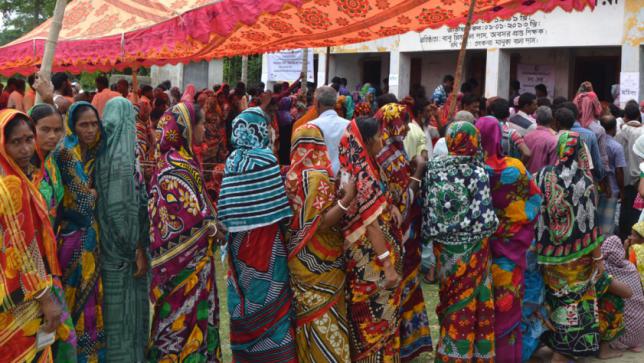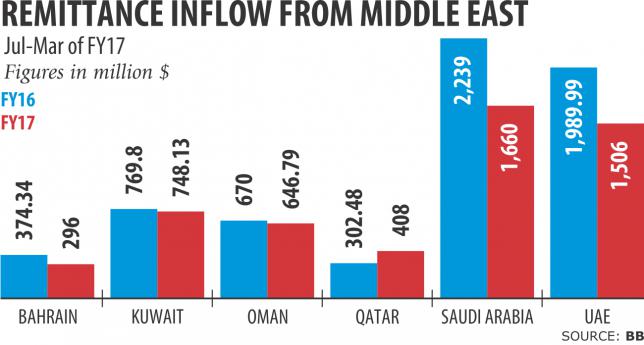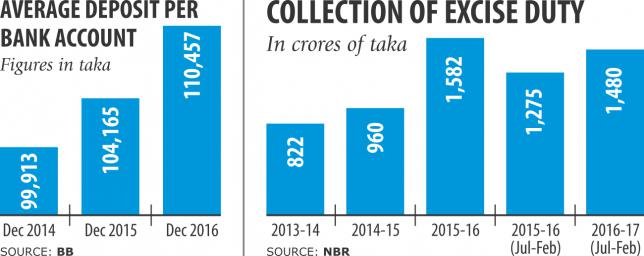The International Finance Corporation (IFC) yesterday announced an investment of $10 million in the Small Enterprise Assistance Fund Bangladesh Ventures Fund (SEAF BV) to boost the financing available for climate-resilient small and medium enterprises.
The investment, with support from the Climate Investment Funds-Pilot Programme for Climate Resilience (CIF-PPCR), would strengthen their capacity to address operating difficulties arising from climate change, according to a statement.
CIF-PPCR helps developing countries scale up efforts to combat climate change, the IFC said. This equity investment is a $10 million blended finance solution from the IFC and CIF-PPCR.
SEAF BV, launched by the IFC and the Small Enterprise Assistance Funds (SEAF) in 2010, is mandated to invest in SMEs in Bangladesh.
“IFC's extended support over the years has been invaluable in the successful initiatives of the fund. Its engagement will also help the fund begin investing in climate resilience activities for small businesses, helping SMEs to cope better with the adverse impacts of climate change,” said Hubertus Jan (Bert) van der Vaart, CEO of SEAF.
Mengistu Alemayehu, IFC's director for South Asia, said: “This project is IFC's first climate resilience fund investment, and will help demonstrate the business case for increased climate resilience financing in Bangladesh and other countries which are vulnerable to climate change.”
IFC, a member of the World Bank Group, has previously invested $12 million of equity into the fund to catalyse investment in high-growth SMEs.
The investment complements the IFC's wider investment programme in Bangladesh, where it promotes sustainable growth and private-sector development by investing in critical infrastructure, boosting financial inclusion, enhancing competitive manufacturing, and supporting reforms, according to the statement.
news:daily star/31-may-2017



 Villagers stand in queue at Hatiya upazila in Noakhali on Monday when Bank Asia disbursed Tk 52.90 lakh among 1,058 people of Hatiya before the cyclone Mora hit the area. The fund has been distributed as part of a deal signed between the bank and German Red Cross. Photo: Bank Asia
Villagers stand in queue at Hatiya upazila in Noakhali on Monday when Bank Asia disbursed Tk 52.90 lakh among 1,058 people of Hatiya before the cyclone Mora hit the area. The fund has been distributed as part of a deal signed between the bank and German Red Cross. Photo: Bank Asia
